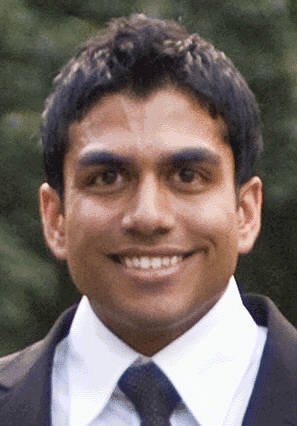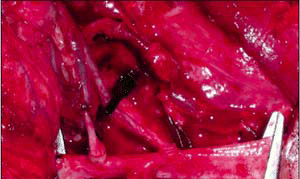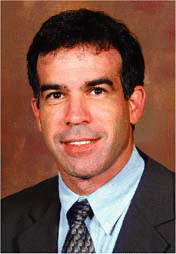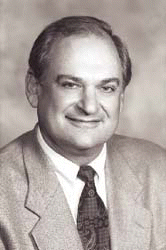A meta-analysis of the literature suggests that oncologic and voice quality results are similar if patients with early-stage glottic cancer are treated with either transoral laser surgery or external beam radiotherapy.


A meta-analysis of the literature suggests that oncologic and voice quality results are similar if patients with early-stage glottic cancer are treated with either transoral laser surgery or external beam radiotherapy.

Physicians have suggested that the likelihood of failure of surgery to correct subglottic stenosis appears to be related to the age of the child at the time of treatment and whether the child is being treated at a tertiary care facility.

At first glance, the Otolaryngology Surgery Simulation Center at Montefiore Medical Center in New York resembles a traditional temporal bone dissection lab.

Patients with head and neck cancer treated with surgery and/or radiation often experience pain, shoulder dysfunction, and xerostomia.
Better chemotherapy and aggressive chemoradiation have contributed to improved locoregional control and survival for head and neck cancer.

Does multilevel upper airway surgery preclude continuous positive airway pressure (CPAP) usage, and is there a best way to repair cerebrospinal fluid (CSF) leaks?

The use of an end-to-side coupling device for anastomosis appears to successfully work in challenging cases involving head and neck reconstruction following resection of cancer, researchers reported here at the 111th annual meeting of the Triological Society.

The incidence of thyroid cancer has sharply increased over the past decade, with estimates showing a rise in newly diagnosed cases from about 17,000 in 1998 to more than 30,000 in 2007.

Transoral laser microsurgery (TLM) is a relatively new treatment in the United States and is a viable option for several types of head and neck cancer, allowing physicians to target tumors without needing to surgically disassemble the patient, according to the experts interviewed for this article.

New endoscopic technology allows skilled surgeons to perform minimally invasive operations such as delicate esthesioneuroblastoma resection-but a leader in the field suggests that just because the procedure can be performed endoscopically doesn’t necessarily mean it should be attempted.